TMG Supplement: Benefits, Risks and Where to Buy Them
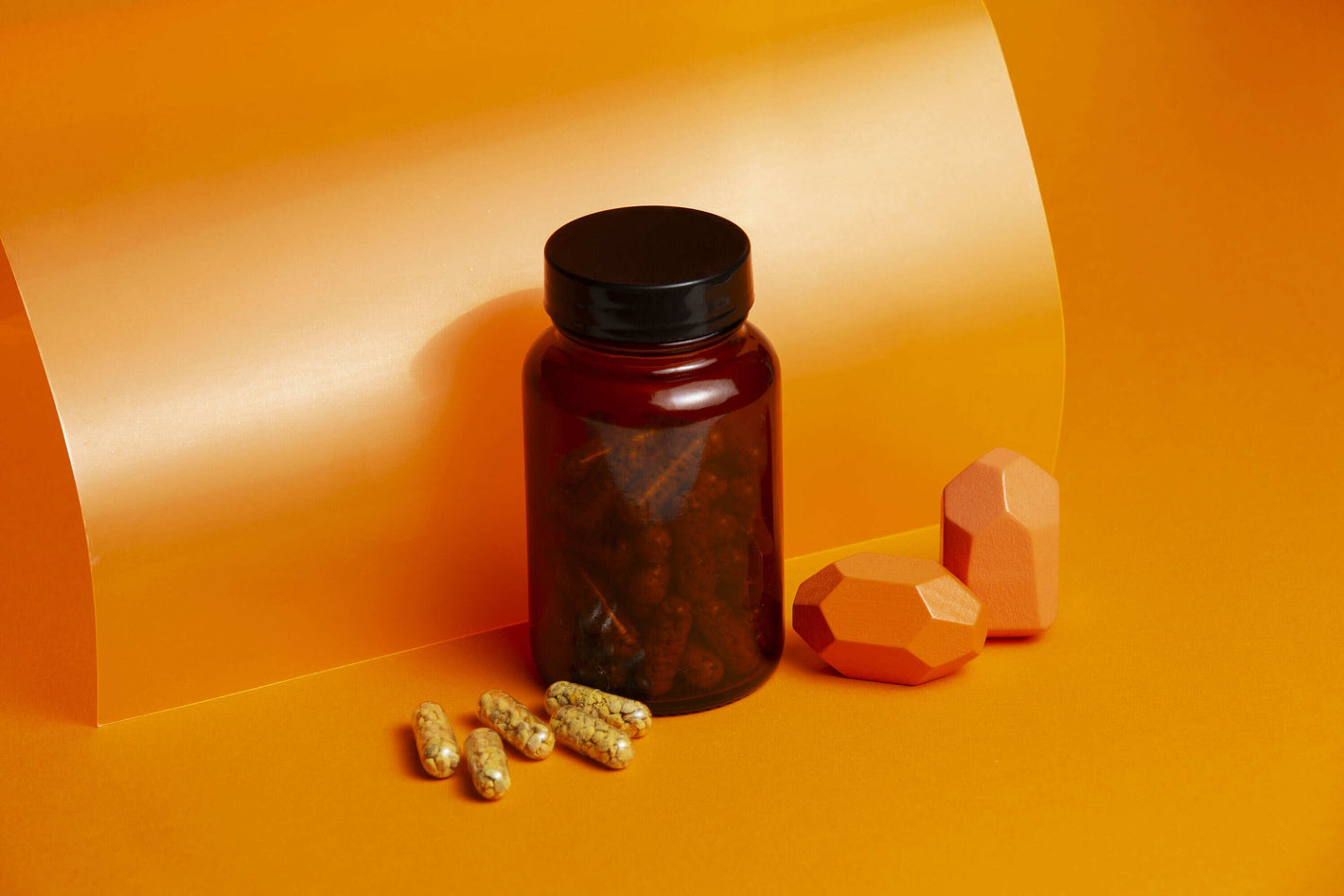
Related products
Trimethylglycine (TMG), betaine anhydrous, or just betaine, is a compound found naturally in many foods, such as beets, and is produced naturally in the body. Its functions include methylation support, homocysteine reduction, physical performance, and cognitive health.
TMG supplements have enormous health benefits, such as regulating insulin production, boosting athletic performance, and improving heart health. Experts have recommended using up to 20g per day as safe, but some side effects, such as vomiting and diarrhoea, need caution. TMG is a vital antioxidant and anti-inflammatory compound that the body can produce in healthy individuals.

Besides being present in many foods, e.g., beetroot, spinach, wheat germs, lentils, quinoa, and seafood, many supplements are available that are critical for those with dietary needs. In TMG, a glycine group is attached to three methyl groups. Its synthesis involves methylation, which plays a role in DNA synthesis.
It has a reasonable margin of safety, but it can cause side effects in some people, mainly if used in very high amounts. So, we have designed this article to summarise its significant benefits, dosages, side effects and foods rich in TMG. We will also introduce the significant supplement providers in the UK that deal with TMG. Follow along for more comprehensive details.
Benefits of TMG Supplements
Several health benefits are associated with the TMG supplements. Some of these are;
Lower homocysteine levels for better heart health
Research has shown that TMG helps convert homocysteine to methionine, another helpful compound. This action is necessary as higher homocysteine levels are associated with heart disease.
- For example, a research article published in the American Journal of Hypertension in 2022 noted that taking 4g of TMG each day significantly decreases homocysteine levels, and this action doesn't significantly impact the other aspects of the heart's health, e.g., triglyceride levels and blood pressure. Homocysteine is a significant risk factor for hypertension.
- Another piece of research by Professor Margreet Olthof and colleagues (Wageningen University, The Netherlands) in 2005 noted that the use of TMG supplements causes a slight increase in the levels of LDL, bad cholesterol, and triglyceride in the body, which is a significant risk factor for heart disease. Due to contradictory results, more research is needed to understand the effects of this supplement on heart health.
We have TMG 500mg Capsules by Life Extension for those looking to add this to their routine. Visit our product page for more details.
Better athletic performance
Many professional athletes use TMG supplements to improve their athletic performance.
- A 2021 Randomised Controlled Trial published in the Journal of the International Society of Sports Nutrition involving 29 soccer players noted that taking just 2g of TMG for 14 weeks enhances running speed, muscular strength and the ability to repeat sprints in the athletes.
- The exact mechanism is poorly understood, but research by researchers at King Abdulaziz University, Jeddah, published in 2019, noted that TMG boosts protein production, reduces fatigue, and increases creatinine synthesis, which provides energy to the muscle cells.

Despite this potential, the research on the topic has produced variable results.
- For example, a 2017 review by Ahmed Ishmaeel (Baylor University, Texas) involving seven studies noted that participants in only 2 experienced up to 24.6% better power, strength and other benefits related to athletic performance. Likewise, another study by Italian researchers in 2020 noted nonsignificant benefits of taking TMG supplements on fitness and performance parameters.
So, more studies are needed to make better recommendations about TMG supplements for athletic performance.
For those who have decided to take the challenge, we have TMG 1000 mg Tablets by Now Foods. Visit us for details about pricing & delivery.
Improved insulin sensitivity
Numerous studies have noted that using TMG supplements improves insulin sensitivity and reduces insulin resistance, particularly in people with diabetes. This physical condition influences the body's ability to use insulin to help regulate blood sugar levels.
For example, a 2017 study by Chinese scientists involving thousands of participants noted that a higher intake of betaine and choline decreases insulin resistance. Another study on mice by a panel of Chinese researchers in 2018 reported that using TMG supplements on a high-fat diet reduces insulin resistance and improves fat metabolism.
Besides better insulin sensitivity, taking TMG reduced the incidence of high-fat diet (HFD) induced obesity in mice. More research on the topic is needed to understand the effect of TMG on insulin sensitivity in humans.
Lower depression and anxiety
TMG supplements do not directly reduce depression and anxiety, but the research shows that it improves the working of certain antidepressant medications. For example, TMG increases the levels and effects of S-adenosylmethionine (SAMe), which is a medication effective for moderate and mild depression.
- A study published in the International Journal of General Medicine in 2015 and involving over 64 depression patients taking both TMG and SAMe for 12 months noted improvement in their symptoms compared to those using just SAMe and placebo groups. Besides this, TMG supplements are linked to improved symptoms of depression and anxiety, and both of these conditions are linked with higher levels of homocysteine, which the TMG Has proven efficacy to lower.

So, if you have depression & anxiety, we have Life Extension TMG (Trimethylglycine) Powder, which has 50g TMG per container and allows you to reap all the benefits of TMG. Buy it today to reduce your depression.
Role in cancer prevention
The scientific studies on this topic are limited. Yet, a survey related to breast cancer noted that a higher TMG intake is associated with a lesser number of deaths due to cancer. In a study involving over 2800 lung cancer patients, the use of betaine at higher doses was associated with less risk of cancer of the lungs. The study concluded that betaine and choline intake had a protective effect against lung cancer.
All these studies are critical because they deal with the dietary intake of TMG supplements. More research is needed to understand TMG supplements' role in cancer.
Better cognitive health
The research on this topic is limited, yet a study involving over 193 senior citizens found that cobalamin (vitamin B12) supplements increase TMG levels in the blood. This rise in TMG levels was linked to better response time, brain function, memory, and other parameters of cognitive health.
Also, the people with the highest TMG levels in the blood reported the highest possible improvements in memory & cognitive functions. Yet, more clinical research on this topic is necessary. Current research is also examining the role of TMG supplements for neurodegenerative disorders, e.g., Alzheimer's disease, and strongly affirmative results are expected.
Benefits for people with autism
According to a clinical study published in Autism Research & Treatment in 2013, there are inadequate levels of betaine and choline in children with autism. The lower dietary levels of these compounds contribute to the abnormalities, particularly the metabolic ones, in children with autism.

Nevertheless, the research on TMG supplements in children with autism is minimal. Thus, it is difficult to predict if adding more betaine to the diet causes positive effects in children with autism spectrum disorder (ASD). More research on this topic is needed.
Risks & side effects of TMG supplements
TMG supplements are not safe for all, and many people experience side effects. The side effects reported by the users include vomiting, nausea, cramps, bloating, indigestion and diarrhoea. These side effects are observed commonly if a person uses higher than 15-20g daily doses of these supplements.
In rare instances, TMG supplements can increase methionine levels in the blood, which causes fluid buildup in the brain. So, it is advised that if a person experiences any adverse effects after taking TMG supplements, discontinue the use and consult the doctor.
These supplements are also not recommended for nursing, pregnant, or young children, as limited safety and long-term efficacy data are available for them. In short, it is advised to use TMG supplements cautiously and do so only as the healthcare provider recommends.
Alternate ways to boost TMG intake
TMG is found in various foods, so it is possible to boost your intake naturally. The tables below describe the amount of TMG present in a 100g (3.5 ounces) serving of various foods (source: Research published in the American Journal of Clinical Nutrition in 2004):
- Wheat germ: 1241 mg
- Wheat bran: 1339mg
- Wheat bread: 201mg
- Shrimp: 219 mg
- Beets: 114-297 mg
- Quinoa: 390mg
- Spinach: 600-645mg.
Incorporating these foods into the routine diet helps avoid the side effects associated with TMG deficiency. Numerous other factors increase the amount of TMG in foods. For example, specific cooking methods, especially boiling, reduce the amount of TMG in foods.
Dosages of TMG
Like many other supplements, no official recommendations for dosage guidelines about TMG supplements are available. As MHRA does not regulate dietary supplements, this agency has not published any dosage guidelines.

Most users use dosages in the range of 750-3,000 mg in each serving. However, there is an upper limit. For TMG, the upper safe limit per day is 20g. Most studies about the clinical efficacy and benefits of TMG supplements have used 500-9,000 mg daily, divided into several smaller doses for easy absorption. So there is no risk of toxicities.
Suppose a person has underlying health conditions or uses medications for any reason. In that case, it is advised to consult the doctor before adding them to the diet and to use them as directed by the healthcare provider.
Frequently Asked Questions
Does MHRA/FDA approve TMG supplements?
Both the MHRA and FDA have approved the use of betaine or trimethylglycine to treat homocystinuria, a disease which is associated with abnormally high levels of homocysteine since birth. The MHRA, like other dietary supplements, however, doesn't approve of using TMG as a dietary supplement as it does not deal with nutritional supplements.
What are the uses of TMG?
It lowers lactic acid levels, reduces seizure activity during stress, and improves oxygen use in the body. It protects the body against the damage associated with homocysteine, a toxic amino acid linked to numerous cardiovascular issues. These health benefits make it a good candidate for dietary supplements.
Does TMG cause an increase in blood pressure?
No, in fact, it lowers blood pressure, reduces the risk of obesity, reduces muscle loss, and allows a person to sleep better. Up to 4g TMG per day lowers homocysteine levels without negatively impacting various blood and heart health parameters.
Does TMG have anti-ageing properties?
Clinical research shows that using TMG and NMN is a great way to maintain and activate numerous anti-ageing processes. However, the research on this topic is ongoing.
Is it OK to take TMG supplements daily?
Daily supplementation is safe if used in amounts lower than 20g. Most current clinical studies have investigated its role in the 4000-9000mg range, divided it into equal parts, and found no side effects of regular use.
How does TMG affect liver health?
Betaine, or TMG, is a substance produced naturally inside the body. Supplementation improves cellular respiration and liver health, helps make more carnitine, and helps the body better metabolise the toxic amino acid homocysteine. Its supplementation thus supports liver health.

Bottom-line
Trimethylglycine, or TMG, is produced inside the body and found abundantly in numerous foods and supplements. Many studies in animals and humans have suggested that it has antioxidant and anti-inflammatory properties and many health benefits, although more research is needed.
It is advised to consult with healthcare professionals before taking TMG supplements, particularly if a person is taking medications or has any other health conditions, e.g., insulin resistance, depression and heart disease. Yet, more research on this topic is needed and ongoing, which will shed more light.
Our nutritional and healthcare professionals are always at your doorstep to help you. Consult our healthcare professionals through our Private GP Appointments Online and visit our collections and product pages for numerous health products and dietary supplements.





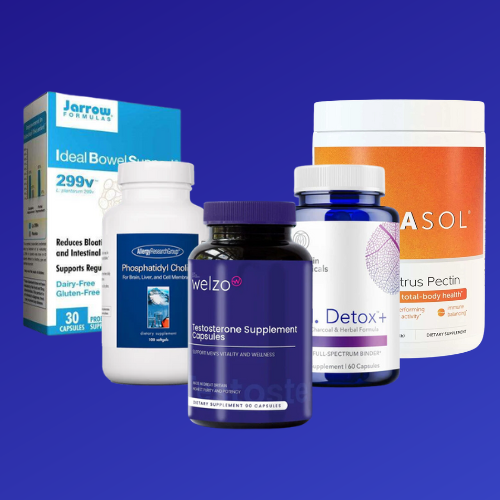
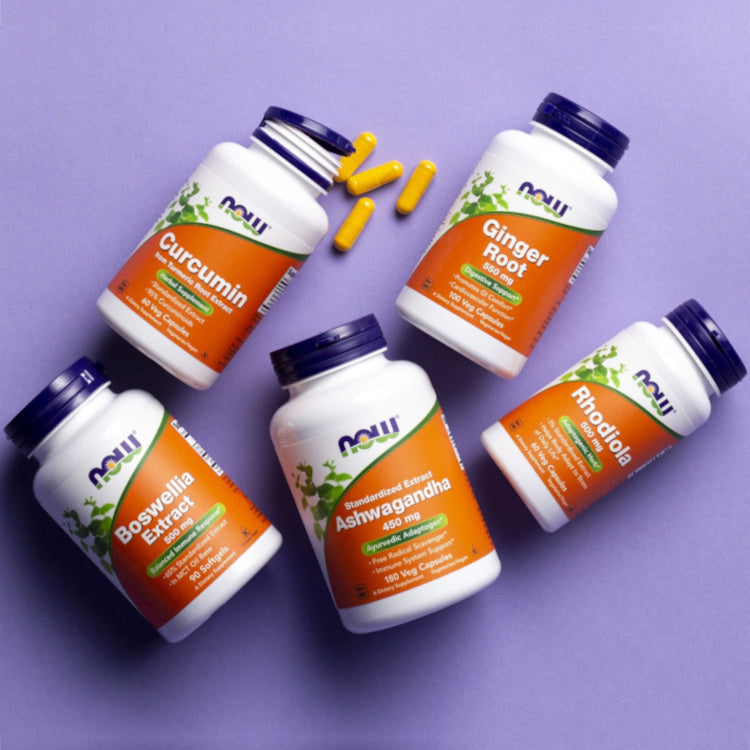
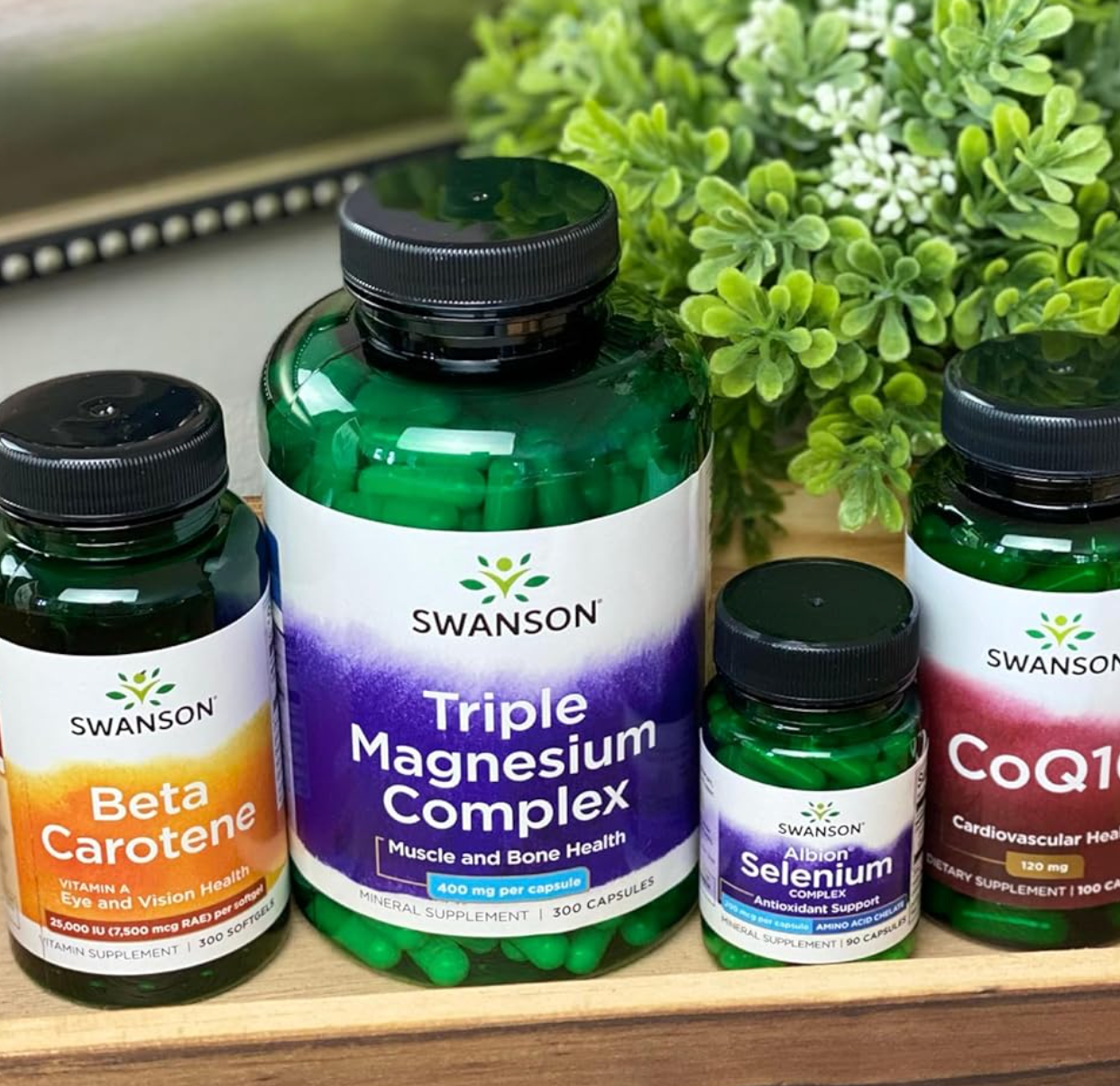
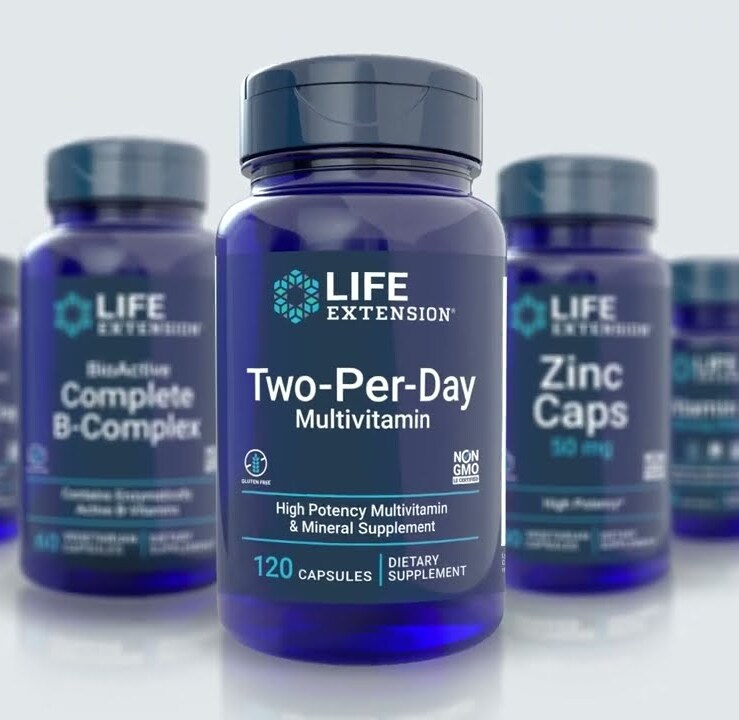
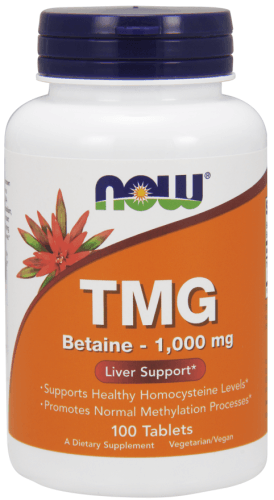




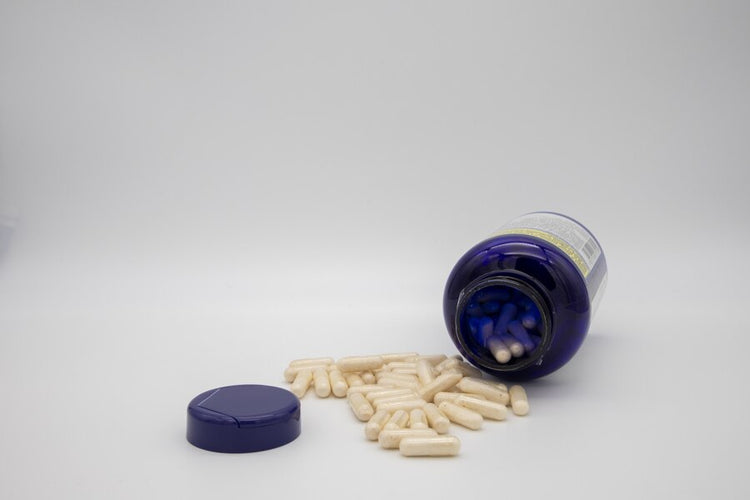
 Rated Excellent by 14,617+ Reviews
Rated Excellent by 14,617+ Reviews